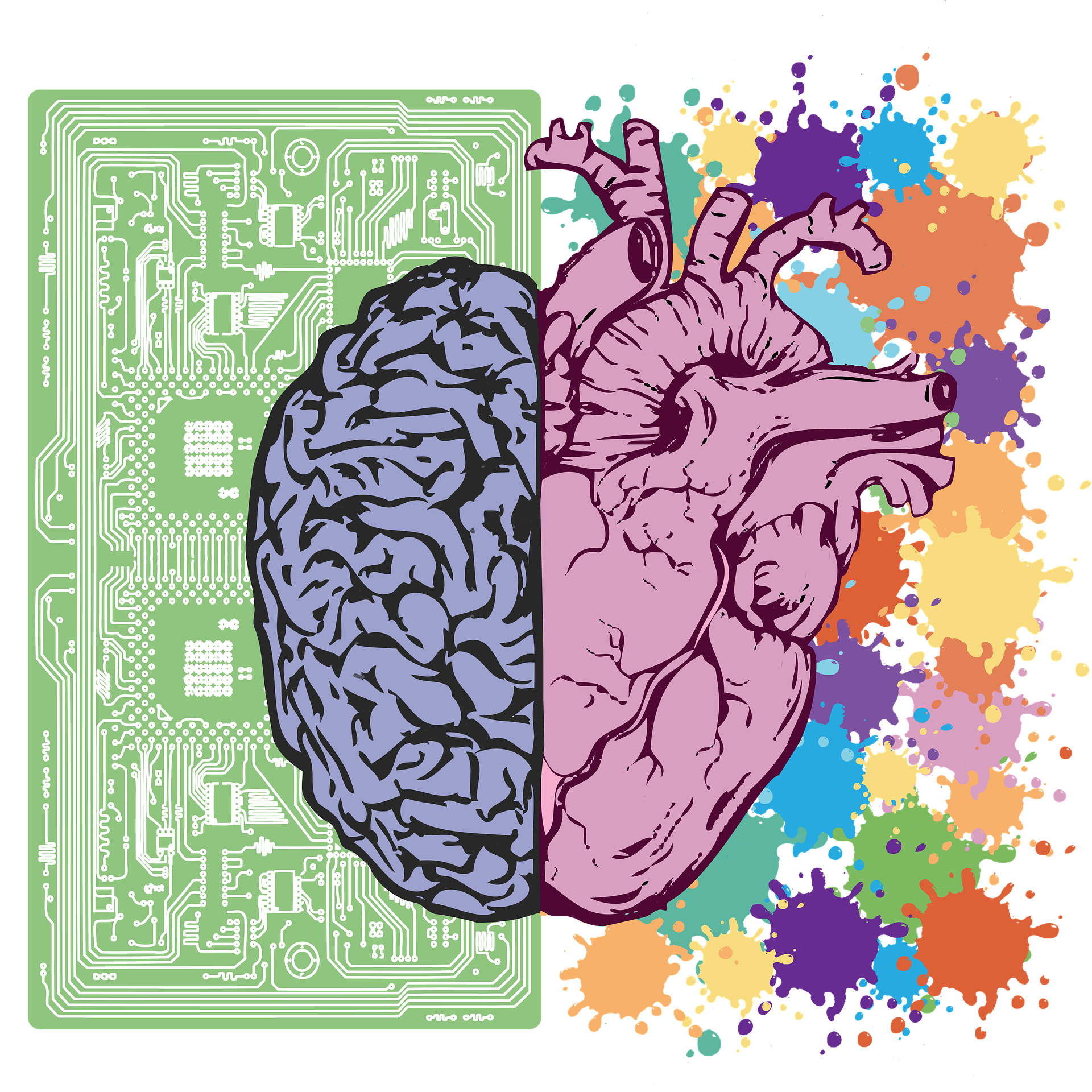Watch this!
What's Emotional Intelligence?
Watch and listen to Daniel Goleman answering 5 questions explaining the domains of Emotional Intelligence and its relevance for personal and professional achievement. Take a separate piece of paper and answer the questions.
What’s Emotional Intelligence? It refers to how well we handle ourselves in our relationships in the 4 domains: self-awareness, self-management, empathy and social skills. Because of neuroplasticity, Goleman argues that it can be learnt and practiced.
1. Write the name of the skill associated with each definition.
a. This skill combines all the other abilities for skilled relationships.
b. This skill focuses on knowing and understanding other people’s feelings.
c. This skill aims at handling upsetting emotions. Tunning them to get what we want. It helps us align our actions to our passions.
d. This skill is a moral compass. It’s knowing what and why we’re feeling and it’s the basis of good intuition and decision making.
2. Are we becoming more Emotionally Intelligent?
3. Are women more Emotionally Intelligent than men?
4. What cultures have the highest Emotional Intelligence?
Check your answers below.
Vídeo by: Big Think. Daniel Goleman Introduces Emotional Intelligence.(Youtube
What’s Emotional Intelligence? It refers to how well we handle ourselves in our relationships in the 4 domains: self-awareness, self-management, empathy and social skills. Because of neuroplasticity, Goleman argues that it can be learnt and practiced.
1.Write the name of the skill associated with each definition.
-
Social skills: This skill combines all the other abilities for skilled relationships.
-
Empathy: This skill focuses on knowing and understanding other people’s feelings.
-
Self-management: This skill aims at handling upsetting emotions. Tunning them to get what we want. It helps us align our actions to our passions
-
Self-awareness: This ability is a moral compass. It’s knowing what and why we’re feeling and it’s the basis of good intuition and decision making.
2. Are we becoming more Emotionally Intelligent? He believes there’s still indicators of emotions out of control, he’s not sure we are.
3. Are women more Emotionally Intelligent than men? Women tend to be better than men on average at social empathy and social skills. Men, on the other hand, tend to be better at self-confidence and managing distressing emotions. As people develop these skills, they pick up strenghts in areas they need.
4. What cultures have the highest Emotional Intelligence? EI is universal, but it looks different in different cultures. There are subtleties among different cultures. Japanese social rules are stricter and stiffer than, let’s say, Brazilian. Goleman states that the fundamentals are the same, though.


